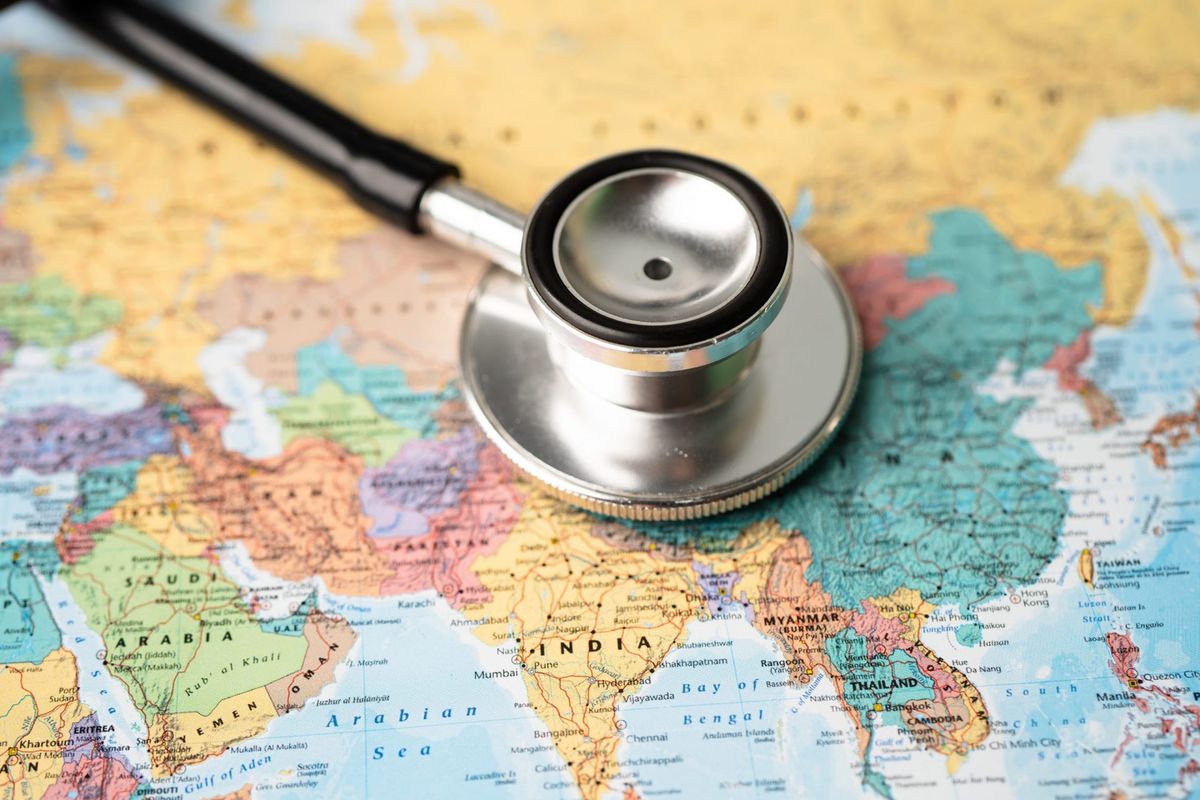
Summary
The impact of the COVID-19 pandemic extends far beyond the death toll and has starkly revealed pain points in Europe´s healthcare systems, as millions of patients suffering from conditions such as cancer and kidney diseases saw their care postponed or reduced and experienced increased risks of severe illness.
Digital tools such as video consultations and remote monitoring have surfaced, accelerating the adoption of new care delivery forms with the clear benefit of freeing up maximum capacity in hospitals and shielding vulnerable populations. In the long run, they may have the added benefit of cost-saving for healthcare systems.
Despite these efforts, hurdles remain. Endeavours to scale up digital health across Europe are still blocked by a mix of cultural, technical and legal challenges. Proposals for a European Health Union and Data Governance Act aim to tackle these roadblocks. However, urgent coordination between member states is still lacking, notably on the reinforcement of primary and home-based care, health infrastructures, patient and HCP education, as well as the preparedness for future health crises.
To download the outcomes of this working group meeting please click under the date of the event on the top right part of the page.
About
The European Commission president´s strong messages on health in the State of the Union speech in September kicked off a busy autumn marked by both the prolongation of the COVID-19 pandemic and renewed political interest and investment in health in the EU. Millions of patients have seen their care postponed or reduced as healthcare systems struggle to cope. Chronic patients are disproportionately affected by this crisis as advocates from the cardiovascular, cancer and diabetes communities report increased risks of severe illness and big delays in accessing care. The rapid transition to digital consultations and remote monitoring paves the way for the shift towards more primary or home-based care.
After a shaky start, a European response to COVID-19 has emerged. Member States, traditionally wary of sharing power in health care, have joined forces under the coordination of the European Commission. With an overall increase in budget to €5,1 Billion, the need for more Europe in health is agreed upon and the EU political agenda is now shifting towards its increased role in health policy.
In November 2020, the Commission published a flurry of proposals towards their vision for a European Health Union. Among the proposals, the mandate and resources of the European Centre for Disease Prevention and Control and the European Medicines Agency will be increased and a new body will be set up for strengthened health research and development in order to improve the union’s crisis preparedness. A new pharmaceutical strategy has also been published with proposals to review key legislations as well as examine the adoption of trade agreements to secure patient access. This strategy is likely to be reinforced with calls to launch a high-level dialogue for the European Union’s industrial strategic autonomy. Finally, a data governance act has been proposed to govern who has access to the data, what purposes it can be used for and how. It promises to have a strong impact on health data.
The incoming Portuguese Presidency plans a Charter of digital rights which will cover artificial intelligence. It will also prioritise investments in digitising public services in health and social welfare.
Within this context, Friends of Europe, supported by Baxter, is launching work on rethinking EU healthcare delivery models in a post-pandemic world.
This first roundtable aims to identify the different care pathways, ideas for change and lessons to be learned from the COVID-19 emergency for chronic diseases. It will explore what this means in practical terms for clinicians and patients, and lessons for the way care pathways should be restructured.
Related content:
- Chronic care management in the context of healthcare system resilience
- How do health systems meet the challenge of managing chronic diseases during COVID-19 and beyond?
- Meeting the healthcare needs of chronic patients – lessons to learn from the COVID-19 pandemic” – a patient perspective
- Elderly patients are at substantial risk to COVID-19. How has their primary care been impacted by the pandemic, and how have health systems adapted accordingly?
- Alternative and flexible approaches to delivering health care in COVID times
Our events include photos, audio and video recording that we might use for promotional purposes. By registering, you give your permission to use your image. Should you have any questions, please contact us.
PHOTO CREDIT: Bigstock/Elkov
Schedule
The impact of the COVID-19 pandemic extends far beyond the death toll and has starkly revealed pain points in Europe´s healthcare systems as millions of patients suffering from conditions such as cancer and kidney diseases, saw their care postponed, reduced and had increased risks of severe illness.
Digital tools such as video consultations and remote monitoring have surfaced, accelerating the adoption of new care delivery forms with the clear benefit of freeing up maximum capacity in hospitals and shielding vulnerable populations. In the long run, they may have the addded benefit of cost-saving for healthcare systems.
Despite these efforts, hurdles remain. Endeavours to scale up digital health across Europe are still blocked by a mix of cultural, technical and legal challenges. Proposals for the EU Health Union and a Data Governance Act will tackle these. However urgent coordination between member states is still lacking, notably on the reinforcement of primary and home based care, health infrastructures, patient and HCP education, as well as the preparedness for future health crises.
- With the majority of chronic patients having seen their care disrupted as well as being at higher risk of infection from COVID-19, what lessons should be learned from the way that hospitals were overwhelmed?
- What were the gaps in providing continuity of care for chronic patients? Can the system be adapted to promote a seamless treatment for patients in both home and institutional settings?
- Digital tools and telemedicine enabled patients to access care during lockdown. What more could be achieved with a more systemic approach to building digital into care pathways?
Speakers
Fabian Bolin
CEO and Co-founder of War On Cancer
Maya Matthews
Acting Director of Digital, EU4Health and Health Systems Modernisation at European Commission Directorate-General for Health and Food Safety (DG SANTE)
Anna Odone
Professor of Public Health at the University of Pavia
Brieuc Van Damme
Director-General Healthcare at RIZIV-INAMI
Raymond Vanholder
President of the European Kidney Health Alliance (EKHA) and Chair of the European Chronic Disease Alliance (ECDA)
Moderator
Tamsin Rose
Facilitator
Speakers

CEO and Co-founder of War On Cancer
After being diagnosed in 2015, at 28 years of age, Fabian began documenting his cancer battle on a blog, which made him realize the true power of storytelling and how sharing his story helped him cope with his ‘cancer trauma’. Sharing his story helped him to process what he was going through, emotionally and psychologically, but also gave him a sense of purpose that he had never felt before. This, together with a strong urge to help others affected by cancer, became the foundation for the War On Cancer app – a digital support tool for everyone affected by cancer.

Acting Director of Digital, EU4Health and Health Systems Modernisation at European Commission Directorate-General for Health and Food Safety (DG SANTE)
Maya Matthews has worked in the public health sector for the past 25 years. She currently holds the position of Acting Director for Digital, EU4health and Health Systems Modernisation as well as Head of Unit for State of Health, European Semester, Health Technology Assessment at the European Commission’s Health and Food Safety Directorate General (DG SANTE). Matthews was previously Deputy Head of Unit in the Strategy and Coordination unit. Prior to this, she worked at the European Union’s Delegation to the United Nations in Geneva where she covered health issues and relations with the World Health Organisation. Before joining the European Commission, Matthews worked in Brussels for Eurohealthnet and as a consultant on reproductive health, HIV prevention and Tuberculosis.

Professor of Public Health at the University of Pavia
Anna Odone is a renowned Italian academic and the youngest-ever female university professor in her country. As a consultant physician, she is also the President of the Digital Health Section of the European Public Health Association (EUPHA). Odone’s research is centred on infectious diseases control with a focus on vaccines and immunisation programmes and policies. She is author or co-authors of two university textbooks, five book chapters, several reports and over 80 Medline indexed research articles, including studies on the COVID-19 pandemic.
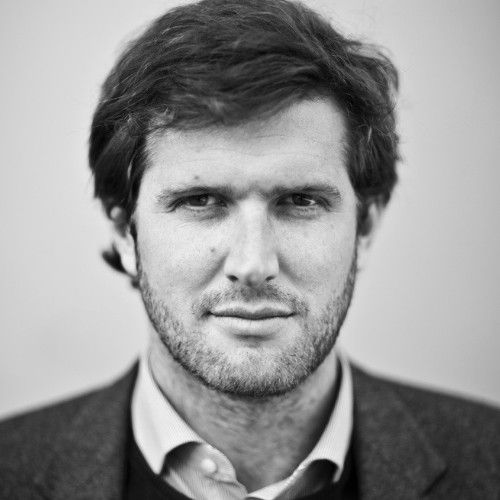
Director-General Healthcare at RIZIV-INAMI
Brieuc Van Damme is a Belgian economist specialised in healthcare and social affairs, currently working with RIZIV-INAMI. Prior to this, he was at the heart of national policymaking, serving as an advisor to Prime Minister Alexander De Croo and as Deputy Chief of Staff to Belgian Health Minister Maggie De Block. His work mostly focused on pharmaceuticals and medtech, the healthcare care budget, e-health and patient-related subjects. He has also lectured at the University of Ghent, Antwerp and the École Nationale d’Administration in Kinshasa and co-founded the Friday Group think tank with the King Baudouin Foundation.

President of the European Kidney Health Alliance (EKHA) and Chair of the European Chronic Disease Alliance (ECDA)
Raymond Vanholder has a distinguished career centred around dialysis adequacy, uremic toxicity and various topics related to clinical nephrology, publishing more than 900 papers, reviews and book chapters. He has been chairman of the European Uremic Toxin Work Group (EUTox), European Renal Best Practice and the Renal Disaster Relief Task Force (RDRTF) of the International Society of Nephrology. He also served as President of the Belgian Society of Nephrology, the European Society of Artificial Organs and the European Renal Association – European Transplant Association. Currently, he is President of the European Kidney Health Alliance and the European Chronic Disease Alliance.

Facilitator
Tamsin Rose is a facilitator who was until recently a senior fellow for health at Friends of Europe. Having studied international relations, she has 25 years of experience working across the European continent from Ireland to Mongolia. A natural communicator, Tamsin has been a radio reporter, worked on press for the EU Delegation in Moscow and is currently a member of the external speaker team for the European Commission Directorate-General for Communication, describing how the EU works and key policies to visitor groups from around the world. Since 2002, she has specialised in public health and public participation issues, serving as the Secretary General of the European Public Health Alliance (EPHA), and providing strategic advice for health groups on how to engage successfully with the EU.
Partners

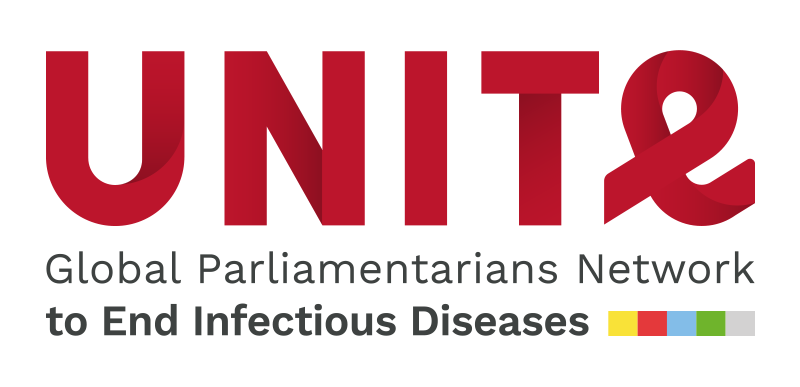
Activities
Europe's moment: advancing clinical research and health innovation
Next event In person & online

- Area of Expertise
- Sustainable Livelihoods
Re-imagining Europe's health systems
Past event In person & livestreamed

- Area of Expertise
- Sustainable Livelihoods
Health check for a competitive medical technology sector in Europe
Past event In person

- Area of Expertise
- Sustainable Livelihoods
Healthy ageing for Europe's future: the value of adult immunisation
Past event In person & livestreamed

- Area of Expertise
- Sustainable Livelihoods
Policy Voices | Re-imagining Europe’s health systems
- Category
- Podcast
- Area of Expertise
- Sustainable Livelihoods
Financing the green and just transition: towards further partnerships…
- Category
- #CriticalThinking
- Author
- By Sebastián Nieto-Parra
Reclaiming medicines and health innovation for our health
- Category
- #CriticalThinking
- Author
- By Els Torreele
Hidden biases in public health research: why we are failing our most…
- Category
- #CriticalThinking
- Author
- By Marthe De Boevre

- Area of Expertise
- Sustainable Livelihoods
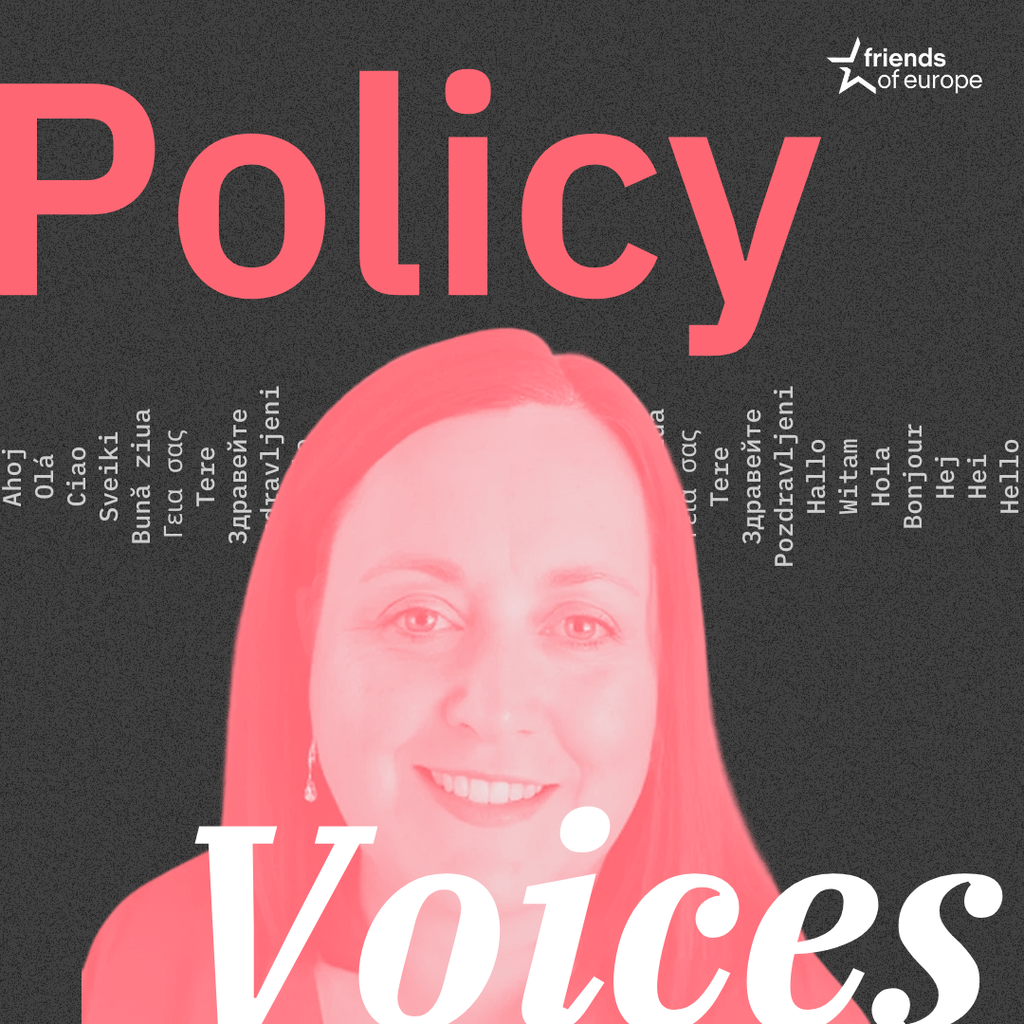
- Area of Expertise
- Sustainable Livelihoods

- Area of Expertise
- Sustainable Livelihoods
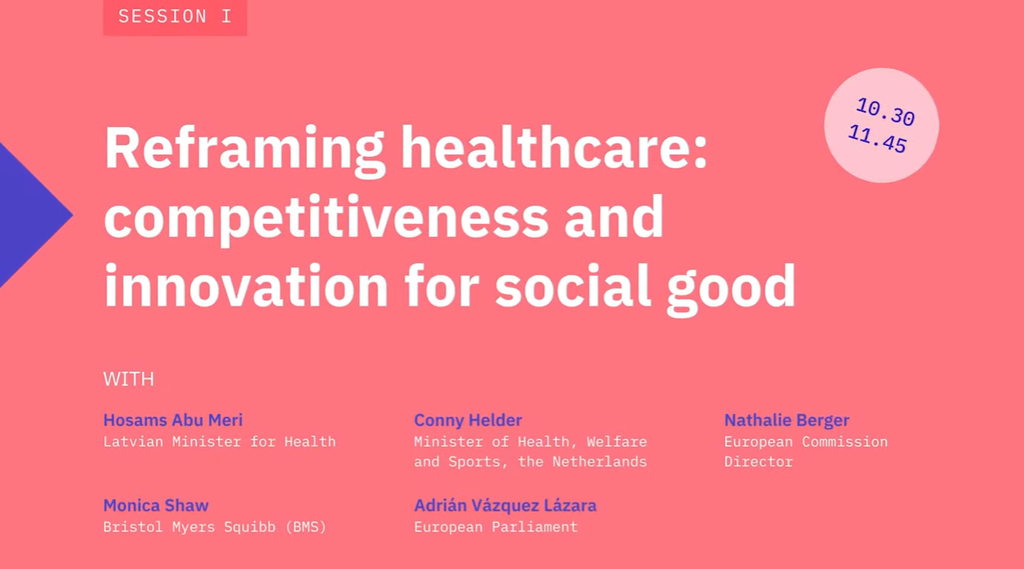
- Area of Expertise
- Sustainable Livelihoods
Continue
the debate on
- Debating Europe
